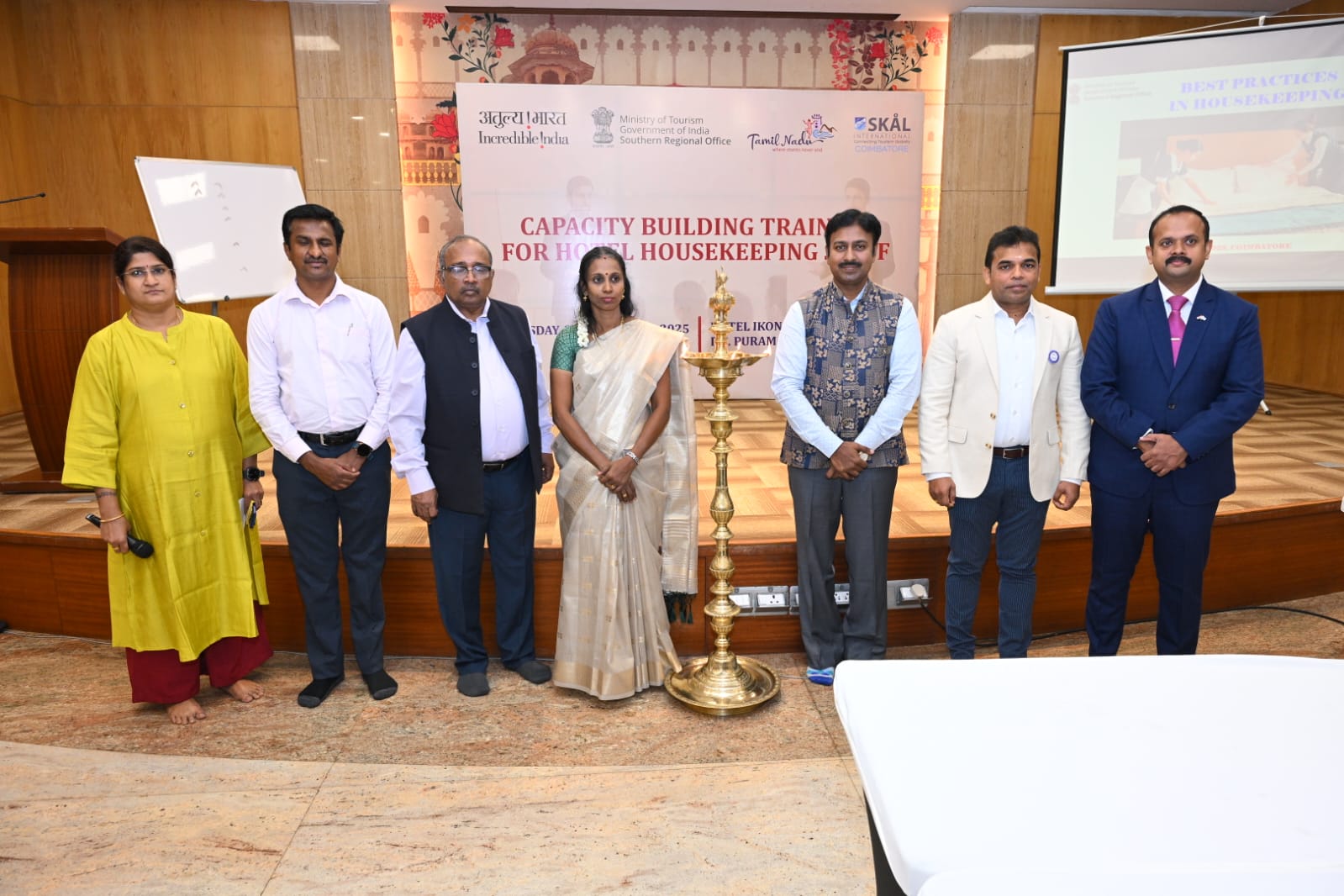
As the government prepares for the Union Budget 2026-2027, the Hotel Association of India (HAI) , the national body for Indian hotels, urges the policy makers to prioritise sector-specific reforms especially to consider under direct taxes a higher rate of depreciation for hotel buildings as allowed to plant and machinery is the most important recommendation that is critical to enabling reinvestment and modernisation.
The other key suggestion is to give the sector the due recognition that it deserves by according hotels the status of infrastructure and allow them the benefits that are currently available to Industry in terms of lower power and other utilities tariffs and rationalised property taxes. Although, many States have declared Tourism & Hospitality as an Industry and accorded ‘Industry status’ others have yet to do so. Also implementation of the declaration is often slow and cumbersome.
Though GST is not a part of the pre-budget consultations, the recent reduction in GST rates for hotel accommodation priced at ₹7,500 and below without the availability of ITC has created a huge challenge for hotel operators and hotel investors in this category and requires urgent attention to prevent disincentivising fresh investment and further expansion . The threshold of ₹7,500 requires a regular review mechanism- maybe by linking it to the inflation rate. Further, delinking of GST rates on food and beverage services in the hotel with the room rates , IGST for MICE are key recommendations w.r.t GST.
To enhance ease of doing business, HAI has emphasised the introduction of a single-window clearance system for licensing, reduction in number of licenses, approvals and NOCs and removal of the requirement of multiple liquor licenses in a hotel.
Incentivising sustainable practices, tax discounts for new hotels are among other suggestions. Reduction in customs duty for certain products and reviving the benefits under Service Exports from India Scheme for hotels are the recommendations for the foreign trade policy.
The establishment of an independent, empowered National Tourism Board under the National Tourism Policy — with strong private-sector representation and seasoned professionals — is vital for strategic planning, promotion, and long-term sectoral growth.







